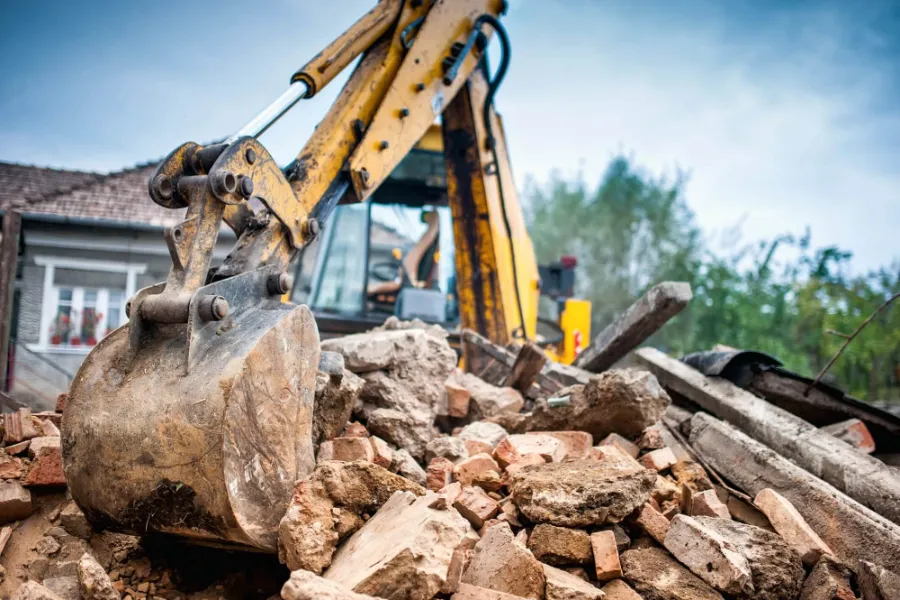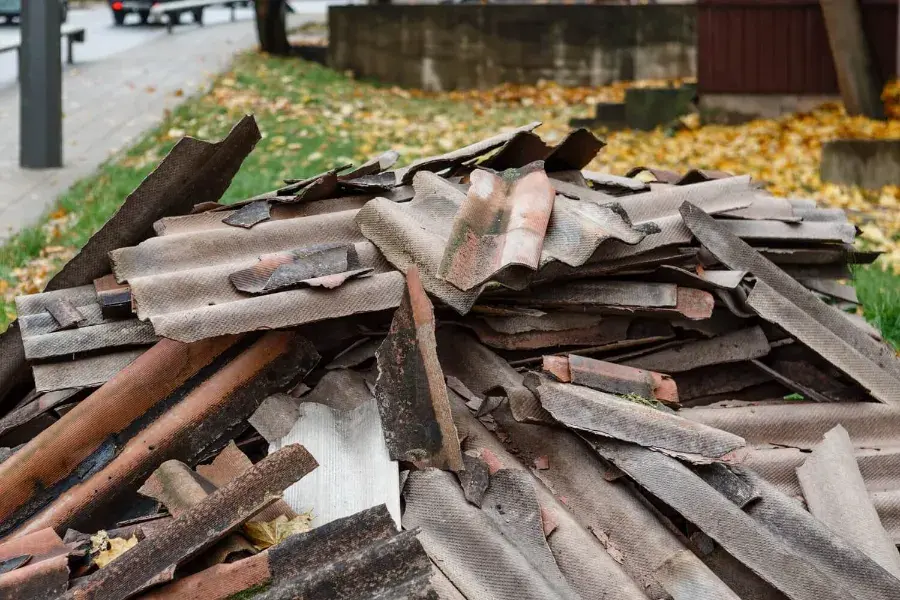Effective Strategies for Reducing Debris and Maximizing Reuse
Embarking on a demolition project can be overwhelming, especially when thinking about waste management. You want to ensure that you are minimizing waste while also being mindful of environmental impacts. This guide will walk you through actionable steps to reduce debris effectively and make the most of recyclable materials during your house teardown. By following these strategies, you can contribute positively to sustainability efforts.

Understanding the Importance of Waste Reduction
When undertaking a house demolition, it is crucial to consider how much waste is generated. Construction and demolition activities account for a significant portion of waste in landfills. Reducing this waste has environmental benefits such as conserving natural resources and reducing pollution. Additionally, by managing waste effectively, you can often save money on disposal costs.
Planning Your Project With Waste Reduction in Mind
Proper planning is essential for minimizing waste during a house demolition. Start by assessing which materials can be salvaged or recycled. Have a detailed plan for deconstruction before the actual work begins. Consider hiring professionals who specialize in eco-friendly demolitions. They bring expertise in separating reusable materials from true waste, ensuring optimal resource utilization.

Strategies for Recycling Materials
Recycling plays a vital role in reducing demolition waste. Many materials such as metal, concrete, and wood can be recycled or repurposed. For instance, metal scraps can be sold to scrap yards, and concrete can be crushed and used as aggregate for new projects. Consider donating usable items like fixtures or appliances to local charities or resale stores.
The Role of Deconstruction
Deconstruction is an alternative approach to traditional house demolition. It involves carefully dismantling structures to salvage components for reuse. This method not only minimizes waste but also supports sustainable building practices. Deconstruction might take more time than conventional tearing down; however, its environmental benefits make it worthwhile.
Engaging With Local Recycling Facilities
Before beginning your project, identify local recycling facilities that accept construction materials. Some centers even offer pick-up services for bulk items. Working closely with these facilities ensures that recyclable materials are processed correctly and efficiently. This collaboration helps you achieve your waste reduction goals while supporting community recycling efforts.
Cost Implications of Waste Management
While there may be upfront costs associated with green demolition practices, they often result in long-term savings. Fees for landfill disposal can add up quickly, whereas recycling can cut costs significantly. Moreover, selling salvaged materials can offset some expenses. Thus, thoughtful waste management not only benefits the environment but also makes financial sense.
Your Path to an Eco-Friendly Demolition
The journey towards minimizing waste during a house demolition project is manageable with the right mindset and resources. By adopting sustainable practices and engaging with recycling programs, you help preserve valuable resources and reduce environmental impact. For personalized advice and support tailored to your needs in Homosassa, FL, reach out to RB Junk Removal. Call (956) 613-3642 today to discuss how I can assist you with effective waste management solutions.